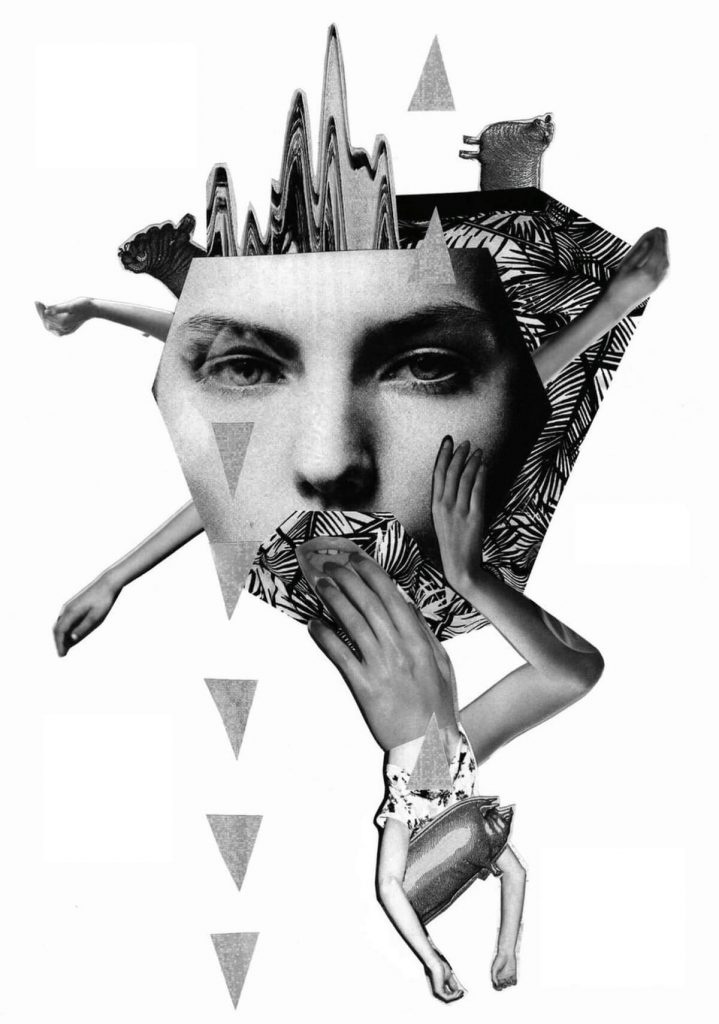Josef Šíma, President of CEVRO Institute, talks with Professor Aviezer Tucker of Harvard University about contemporary dimensions of totalitarianism, transition and populism in the Central Europe.
Professor Tucker, your recent book The Legacies of Totalitarianism published by Cambridge University Press is considered to be a milestone in scholarship devoted to our understanding of societies of Central and Eastern Europe. In what way can your analysis of legacies of totalitarianism enrich political theory or even political philosophy?
It tests conventional ideas and theories about liberty, rights, justice, restorative justice and property rights in a new historical context, far from the English, French and American contexts where most of these theories were born. Some of them cannot survive this harsh environments, others need to be revised. I proposed how.
How did you approach such a broad topic and what major challenges you had to overcome?
Political philosophy and theory hardly reacted to post-totalitarianism. Jeffrey Isaac called it “the strange silence of Political theory”. Some immediate theoretical responses merely reaffirmed truisms that had been known long before 1989. The collapse of command economies confirmed Ludwig von Mises’ criticisms of socialist economies from 1922, the insurmountable difficulties in making economic calculations and planning without a pricing mechanism. On the left, the distinction between Marxism and Social-Democracy or liberal socialism that has been the staple of the “New Left” since the 1960s was emphasized again, in an attempt to resuscitate a left alternative either as a variety of liberalism or at least as consistent with it. But the crisis of Social Democracy preceded the end of totalitarianism by fifteen years and had endogenous reasons.
A political theory and philosophy of post-totalitarianism and the legacies of totalitarianism is also a revisionary critique of received political theories and philosophies that were developed against other historical circumstances but fall short of heuristic, descriptive or normative applicability to post-totalitarian conditions. This book will likely disappoint readers who expect ideological affirmations of faith. I delve into political, philosophical and theoretical issues that do not clearly favor one ideology or another, though I hope to have undermined some received ideological dogmas in the process.
Post-totalitarianism was fashionable in the nineties. This led to many publications in the immediate aftermath of totalitarianism, especially in comparative politics and political economy. But this flowering was cut short abruptly by the 9/11 terror attacks in 2001, followed by two wars, and then the economic recession. Attention, academic fashions, and media interest shifted away from post-totalitarianism. Even Putin has not managed to restore funding and public interest so far. The first decade after totalitarianism was too short to see where trends were heading and allow meaningful hindsight.
My purpose in this book was to fill in this theoretical and philosophical vacuum and present a theory of post-totalitarianism. I explored how the post-totalitarian political experience should inform traditional topics and theories in political philosophy such as rights, justice, justice in rectification and restitution, property rights, the idea of the university and philosophical education, and theories of ideology and language and the critique of democracy of illiberal thinkers like Habermas, Derrida and Žižek, which I interpret as preserving aspects of totalitarian thinking.
What are your main conclusions?
I argue that democracy in post-totalitarian central and east Europe was the unintended consequence of the adjustment of the rights of the late-totalitarian elite to its interests. The late-totalitarian elite was usually indifferent to democracy, it wanted private property but was hostile to economic free competition and the impersonal rule of law. It preferred a system of economic inequality and a clientelistic social model, the rule of well-connected individuals intertwined with the state from which they appropriated assets and to which they passed on liabilities. Consequently, the elite’s interests were not affected usually by the form of government. They needed little from the government, and they could buy it through bribing politicians and civil servants, forming “joint ventures” with them or their family members, financing political parties, and influencing elections through ownership of mass media. Democracy may be then an unintended effect of the elite’s relinquishment of direct political domination in favor of economic appropriation.
Download Full Article:
Totalitarianism in Europe Is Not Finished_Interview with Professor Aviezer Tucker of Harvard University__Review_4
Download Full Magazine:



